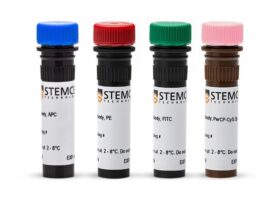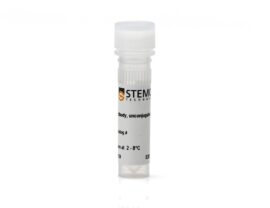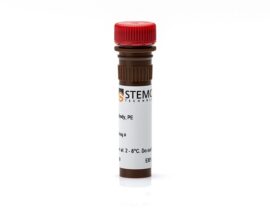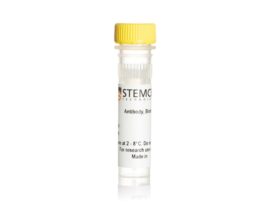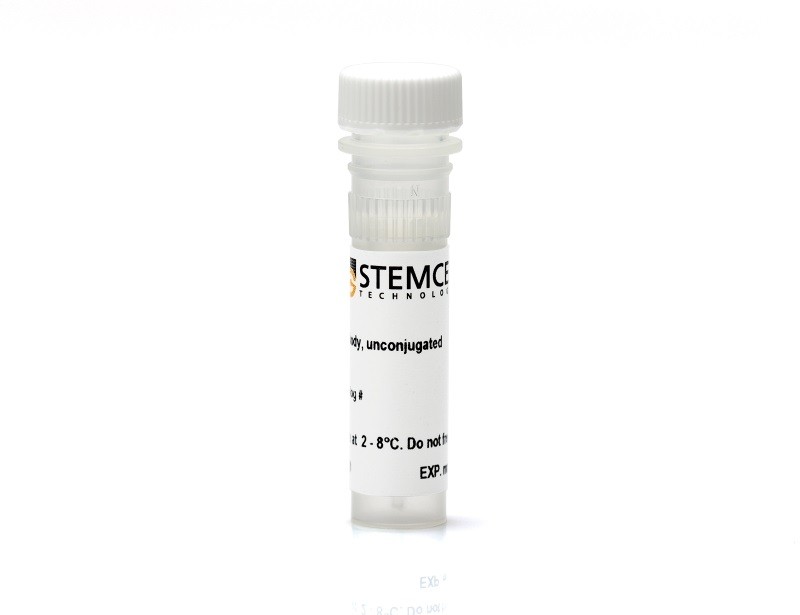
Overview
CD81, a 26 kDa non-glycosylated type III transmembrane protein, belongs to the tetraspanin family. Tetraspanins contain four transmembrane domains, two extracellular loops, and short cytoplasmic N- and C-termini. CD81 associates with numerous integrins, co-receptors, and other proteins to form multimolecular complexes in the plasma membrane called tetraspanin-enriched microdomains. Palmitoylation of the juxtamembrane cysteine residues is important for its association with other proteins and the plasma membrane.
CD81 modulates a diverse array of biological functions including cell-cell adhesion and fusion, cell migration, and proliferation. For example, together with CD19 and CD21, CD81 forms a co-receptor for the B cell receptor on B cells. The epitope of the 5A6 antibody is hidden when CD81 is in complex with CD19 but accessible following activation of the B cell. Mutations in CD81 have been associated with the immune disorder common variable immunodeficiency (CVID). CD81 has also been implicated in mediating the entry of hepatitis C virus into cells.






